Artificial General Intelligence (AGI) has been the subject of science fiction for centuries, but it was only with the advent of modern computing power in the mid-20th century that serious research began to be conducted into its feasibility. In recent years, there have been significant advancements made in machine learning and artificial intelligence more broadly; as such, many experts believe we are on the path towards developing AGI within our lifetimes. However, others caution that creating true AGI may prove to be much harder than initially thought – or even impossible. Lets dig deep down What Is Artificial General Intelligence, its applications, examples, its existence & comparison with artificial intelligence.
What Is Artificial General Intelligence
Artificial General Intelligence Definition
The term “artificial general intelligence” (AGI) refers to a hypothetical future artificial intelligence that possesses the same cognitive abilities as a human being across a range of domains, including but not limited to: natural language processing, reasoning, planning, knowledge representation, and learning. While there is no agreed-upon definition of AGI, it is generally accepted that an AGI would be able to autonomously carry out any task that a human being could do.
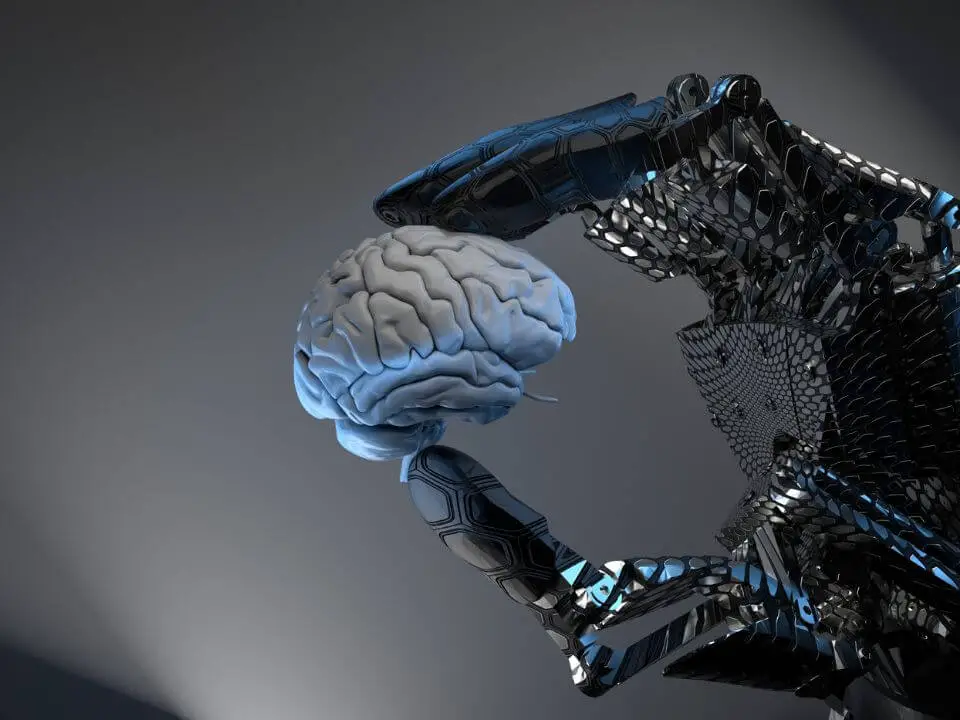
Does Artificial General Intelligence Exist
The existence of AGI has been debated by AI researchers and experts for decades, with no consensus reached. Some believe that AGI is possible and will be developed within our lifetime, while others think it is unlikely or impossible.
There are several arguments for why AGI might exist.
- One is that the exponential growth in computing power over the past few decades suggests that it will eventually be possible to build a machine with human-level intelligence.
- Another argument is based on the observation that animals with smaller brains than humans are capable of intelligent behaviour, so there’s no reason why machines couldn’t also achieve this level of intelligence given enough time and resources.
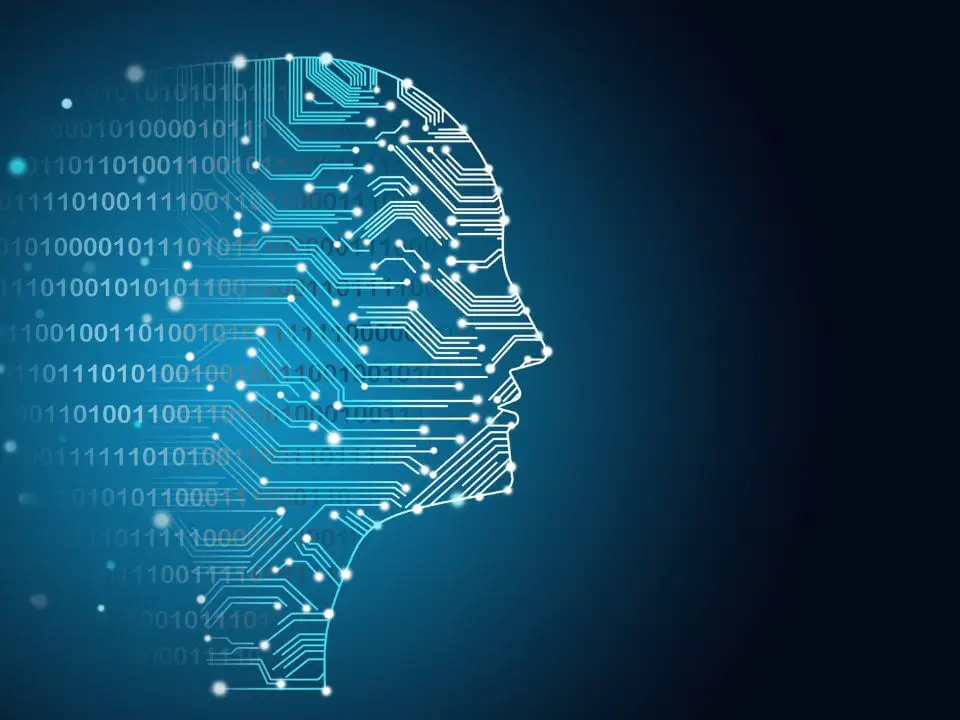
However, there are also strong arguments against the existence of AGI.
- One problem is known as Moravec’s paradox, which states that tasks which are easy for humans (such as recognising objects or understanding natural language) are difficult for computers, while tasks which are difficult for humans (such as doing complex calculations) are easy for computers. This suggests that achieving true human-like general intelligence may be beyond our current technological capabilities.
- Additionally, some argue that even if we could build an AGI system, it would be unstable and unpredictable due to its sheer complexity – meaning it could pose a threat to humanity rather than being beneficial.
When Will We Have Artificial General Intelligence
We are on the cusp of a new era in computing: artificial general intelligence (AGI). AGI is characterized by machines that can learn and reason like humans, and it has the potential to transform every aspect of our lives. So when will we achieve AGI?
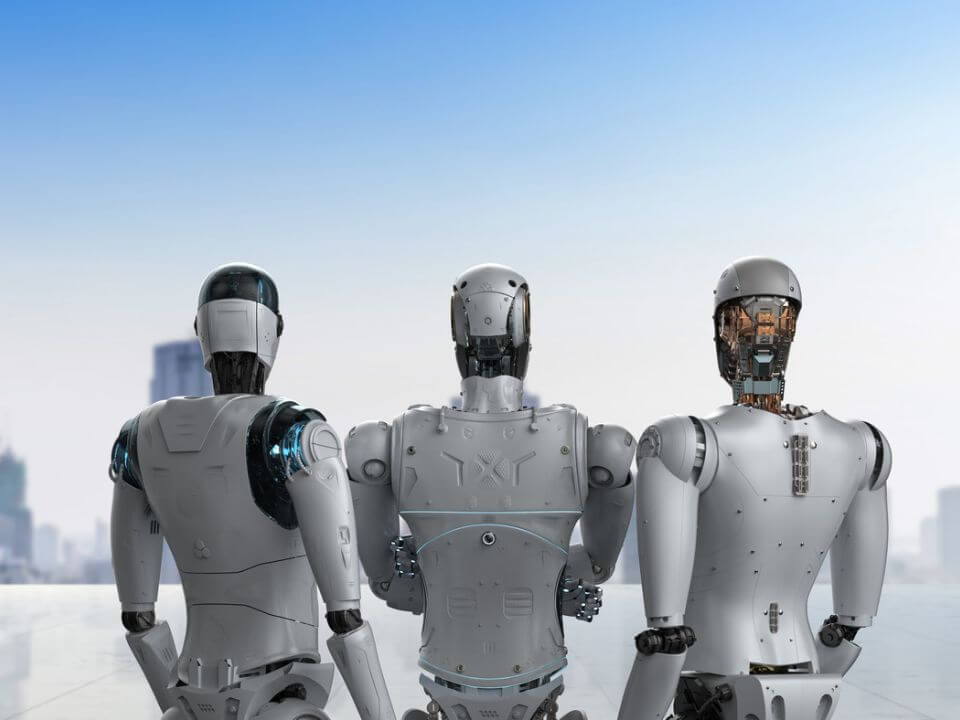
There is no easy answer to this question, as there is significant debate among experts about the timeline for AGI. Some believe that it could be achieved within a few decades, while others believe it could take centuries. However, there are a few factors that could help speed up the process.
- First, there has been rapid progress in machine learning in recent years. This technology forms the basis for AGI, and so as machine learning gets more sophisticated, we inch closer to achieving AGI.
- Second, increasing computational power will also help accelerate progress towards AGI. As Moore’s Law continues to hold true – meaning computer processing power doubles approximately every two years – machines will become increasingly powerful and capable of running more complex algorithms needed for human-like intelligence.
Artificial General Intelligence vs Artificial Intelligence
The debate between artificial general intelligence (AGI) and artificial intelligence (AI) has been ongoing for some time now, with no clear consensus in sight. Both sides have strong arguments, but there are a few key points that stand out.

First, AGI advocates argue that AI is too limited in its scope to ever achieve true human-like intelligence.
🔬 Subscribe to SciMail
Get the latest science discoveries straight to your inbox!
- They contend that AI systems can only ever be as good as the data they are given, and thus will never be able to think creatively or outside the box like humans can.
- Additionally, AGI proponents claim that current AI technology is not scalable – meaning it would be very difficult to create an AI system that could match or exceed human intelligence on a large scale.
On the other side of the argument, those in favor of AI maintain that AGI is simply not possible with current technology.
- They argue that even if we could create an intelligent system on par with humans, we would have no way of knowing if it truly understood everything about the world like we do – something known as “the hard problem of consciousness”.
- Furthermore, they believe scalability is not an issue because once we develop smarter-than-human AI systems they will be able to design even more powerful AIs themselves; a process known as recursive self-improvement or exponential gains from Moore’s Law . In other words: those who advocate for AI believe it will eventually lead us to AGI anyway – so there’s no need to make a distinction between the two fields right now.
Artificial General Intelligence Applications
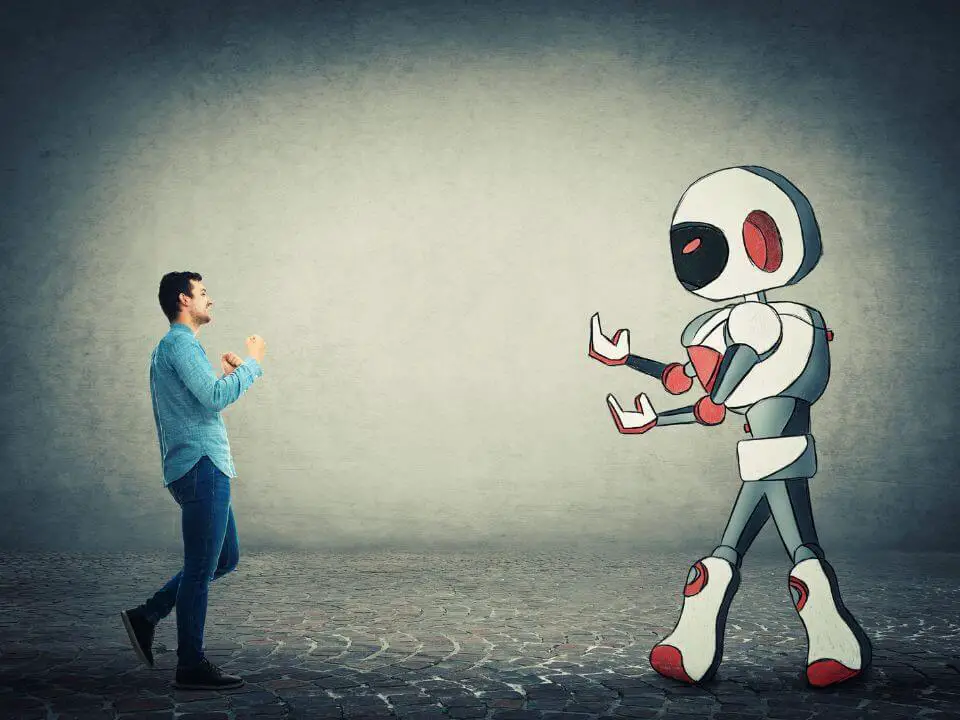
There are many potential applications for AGI if it were ever successfully developed. For example,.
- businesses could use AGIs as virtual assistants or customer service representatives
- governments could use them for tasks like data analysis or national security
- and individuals could use them as personal assistants or caretakers.
The possibilities are endless – which is both exciting and scary at the same time. Exciting because of all the potential benefits AGI could bring about; scary because of what might happen if such powerful technology fell into malicious hands
Examples Of Artificial General Intelligence
Artificial general intelligence would autonomously conduct research at the cutting edge of all scientific and technological fields, invent new technologies and solve problems that are currently considered unsolvable.
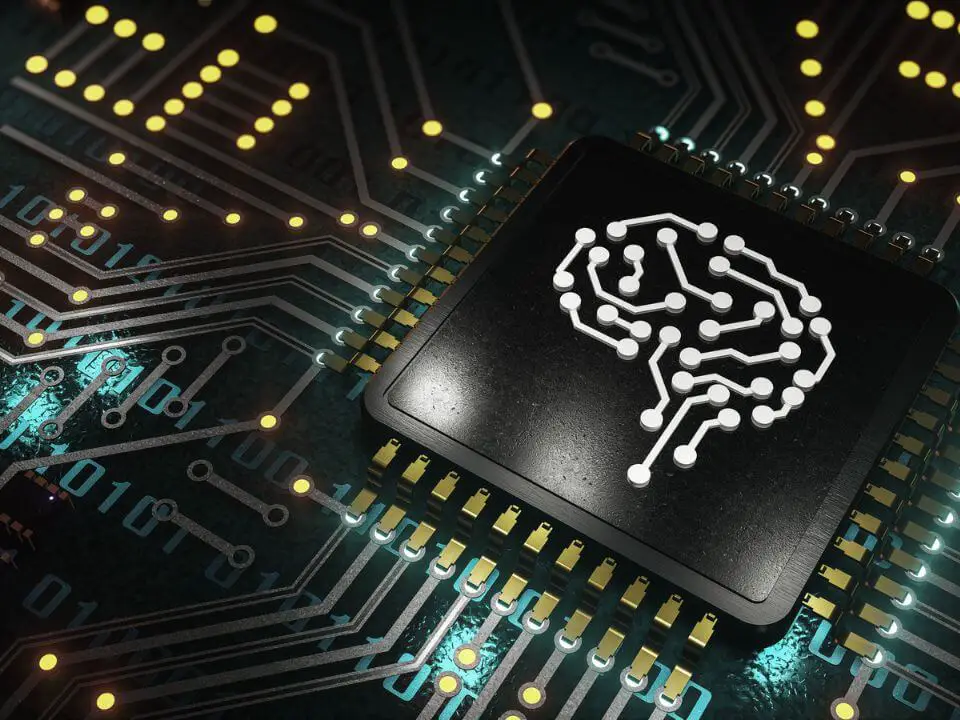
There are many different approaches to achieving AGI with the most popular ones being symbolic artificial intelligence and connectionism.
Symbolic Artificial Intelligence
Symbolic AI deals with using symbols and rules like humans do while connectionism tries to simulate the workings of the human brain through neural networks. There has been some success with both approaches but neither has been able to create a machine that has all the capabilities of a human mind.
Deep Learning

One example is deep learning which is based on connectionism and has shown great promise in various fields such as image recognition and natural language processing. There are also new approaches such as evolutionary computation which are showing promise in creating more flexible algorithms than traditional methods like gradient descent.
Despite the challenges involved in developing AGI, many leading researchers in the field remain optimistic about its potential. If successful, AGI could have profound implications for humanity, transforming our societies and economy in ways that are difficult to predict. What is your take on this, will we ever be able to develop Artificial General Intelligence & if we did what is going to happen.

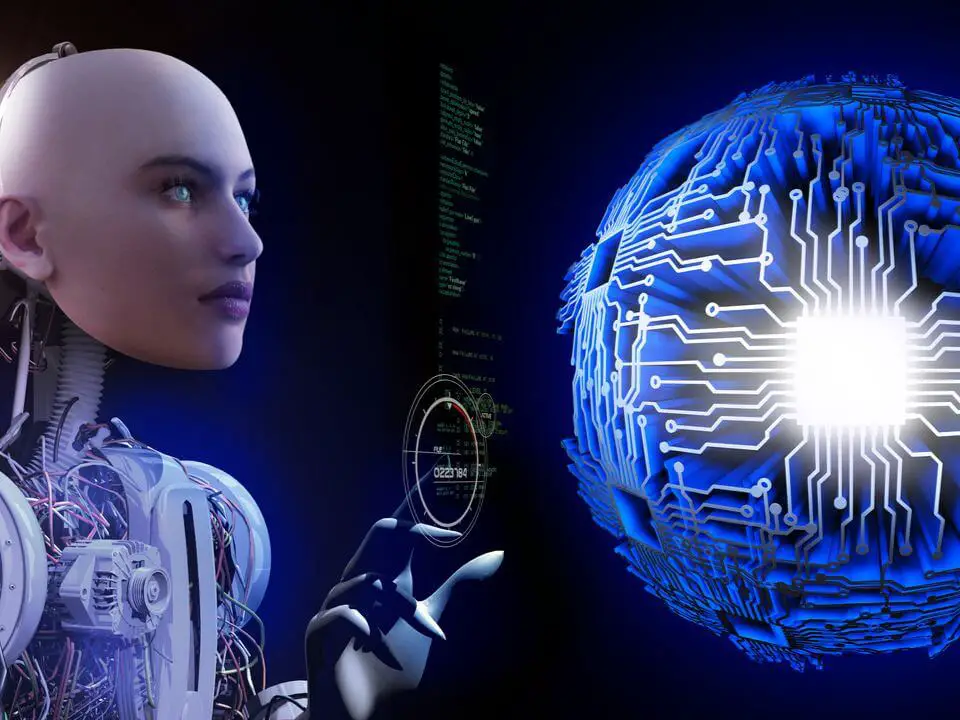
Leave a Reply